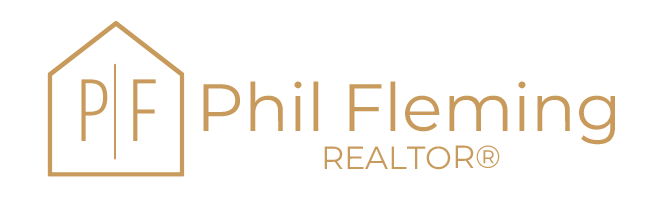FAQ’s
Considering your first home purchase? It can be overwhelming to know where to start. Take a look through the questions below to help ease your worries.
-
Securing a mortgage pre-approval is your initial step. This pre-approval not only defines your spending limit but also locks in the prevailing interest rate for at least 90 days, providing you with confidence while house hunting.
-
Prices are influenced by various factors such as market demand, supply dynamics, and local conditions, differing significantly between cities and neighbourhoods. Rather than focusing on seasons, the duration a property stays on the market plays a key role in negotiating power. Newly listed homes offer less room for negotiation as sellers haven't gauged market response extensively.
-
While some private lenders might offer zero-down mortgages, they typically come with significantly higher interest rates, making the long-term cost substantially greater. It's advisable not to compromise by opting for these. Making a deposit of at least five percent of the purchase price is recommended, ensuring a more secure investment. Additionally, consider leveraging the First-Time Home Buyer’s Program or First time Home Buyer’s Plan, allowing tax-free borrowing from your RRSPs.
-
Quite often, mortgage loan insurance is misunderstood as safeguarding the buyer. In reality, it safeguards the lender against payment defaults by the homebuyer. If your down payment is less than 20 percent of the purchase price, the lender secures default insurance, either paid upfront or added to mortgage payments over time. Companies like Canada Mortgage and Housing Corp., Genworth Financial Canada, or Canada Guaranty offer this insurance.
-
Closing costs typically range from 1.5 to 4 percent of the home’s purchase price. They cover legal fees, inspections, property taxes, and more, and are payable at closing. On a $500,000 home, closing costs may vary from $7,500 to $20,000.
-
For those aiming to sell their home faster, setting the right listing price is pivotal to attracting serious buyers. Working together, we will establish a competitive price aligned with comparable properties in your area.
-
Location reigns supreme, whether considering future resale, quick renovations, or long-term renting. Factors like population growth, economic growth +/or stability, infrastructure, transportation enhancements, and lifestyle appeal to potential buyers or tenants significantly impact a property's investment potential.
-
Credit score wields considerable influence over mortgage rates. A higher credit rating signals lower risk for lenders, often resulting in better mortgage rates. If your score is lower, taking proactive steps to enhance it before applying for a mortgage is wise.
-
Understanding the new mortgage stress test is crucial. Under the recent regulations, mortgage applicants must qualify at a rate two percent higher than their contracted rate or the Bank of Canada’s five-year benchmark rate. This ensures borrowers can sustain payments in the event of rising interest rates.
